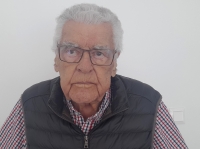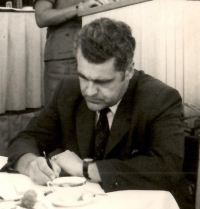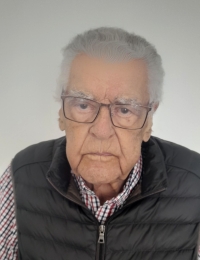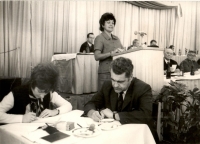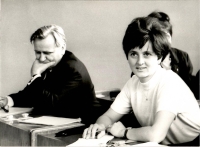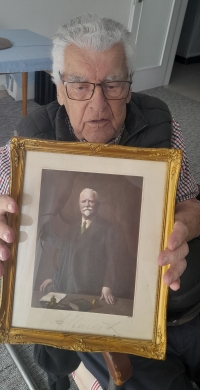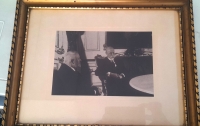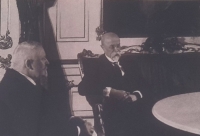The communists destroyed many people’s future
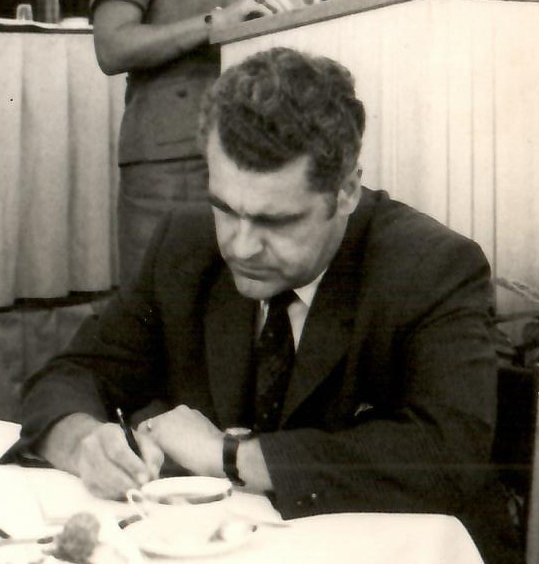
Download image
Jiří Novák was born in Prague on 23 March 1927 into the family of economist and teacher Pavel Novák and his wife Anna, née Staňková. He spent his childhood with his parents and sister in Prague in the villa of his grandfather František Staňek, a First Republic politician and Minister of Agriculture. In 1944, as a seventeen-year-old grammar school student, he was expelled from school with other classmates and forcibly deployed with the German air defence police. They cleaned up the aftermath of bombing raids and helped to clear the wounded and dead after air raids in Prague. During the Prague Uprising, Jiří Novák served as a member of the Czechoslovak military garrison, delivering the wounded from the barricades to hospitals. He graduated from grammar school on 4 June 1946 and began studying sociology and philosophy at the Faculty of Arts, Charles University. At his father’s request, he passed a teacher exam and began teaching shorthand and typing at a business school. Due to the political purges in 1949, he was expelled from the university and subsequently from three other universities. In 1957 he graduated from the Faculty of Economics and Engineering of the Czech Technical University and in 1979 he received a doctorate in philosophy from the Faculty of Arts, Charles University. From 1948 on, he taught at the State Shorthand Institute and retired from teaching in 2008. From 1952 to 2018 he worked as a parliamentary stenographer. In 2017 he received a certificate of registration in the Czech Book of Records as the longest serving shorthand writer in the world. He is married to Ludmila Nováková, also a stenographer. They have raised a daughter together. At the time of filming (2024) he lived in Prague.
